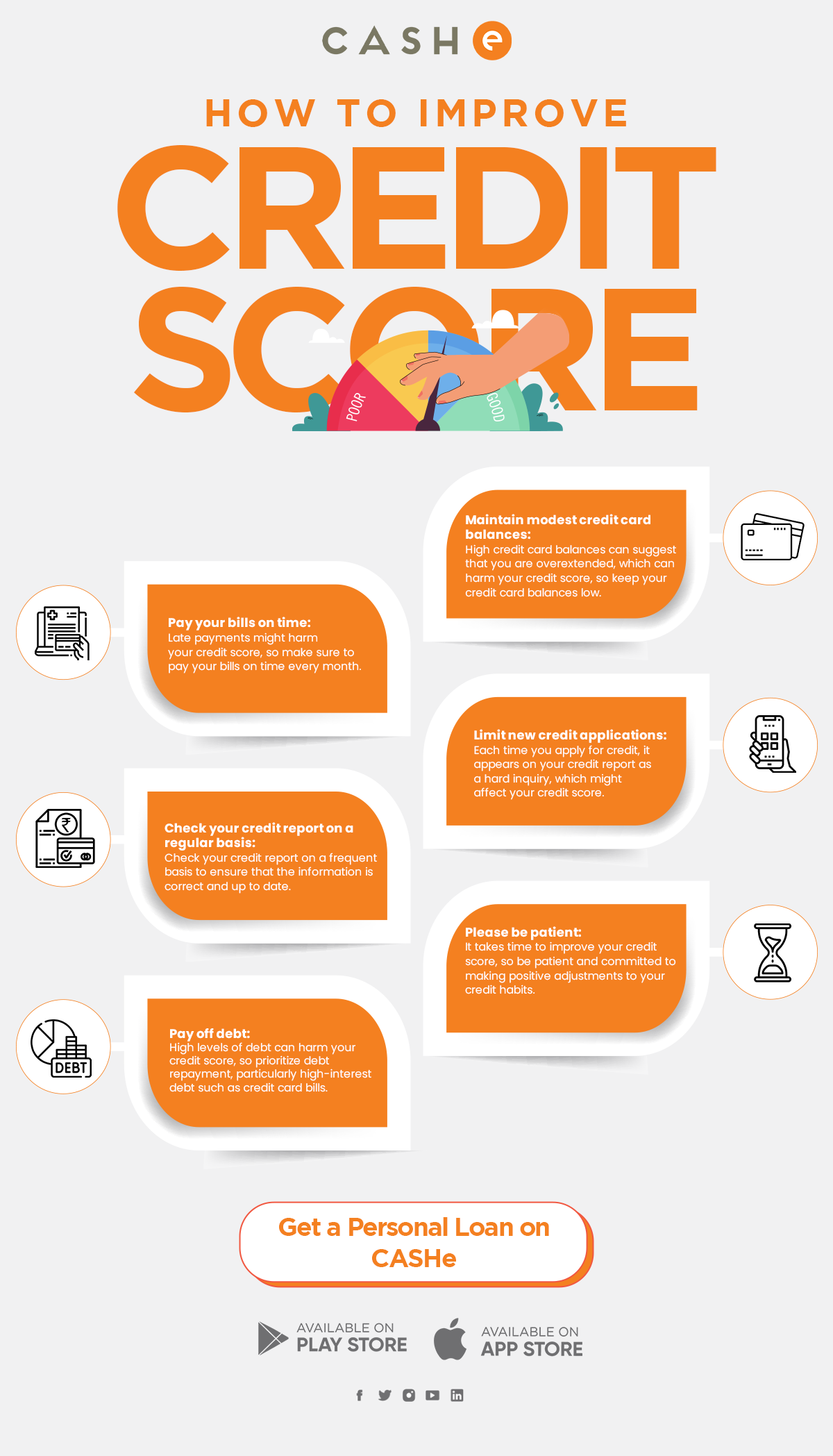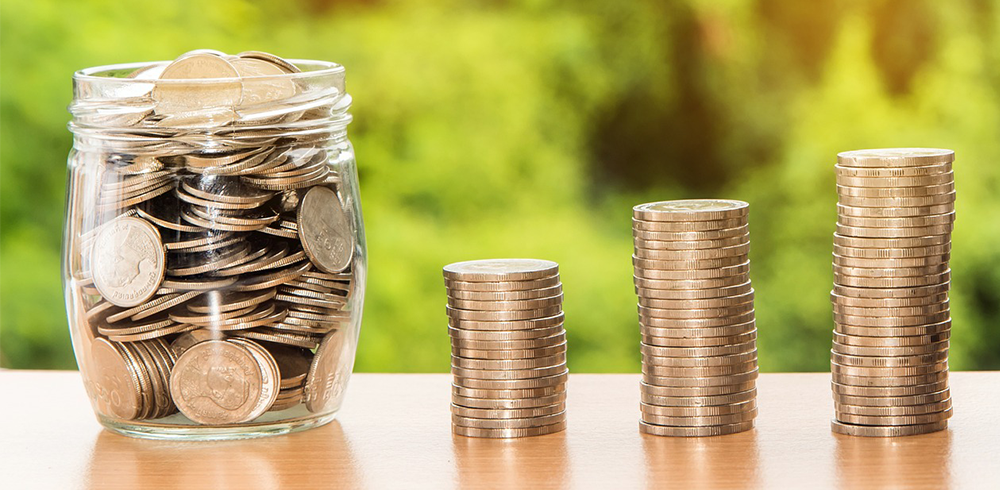Developing and enhancing your credit score is an important component of managing your money and reaching your financial objectives. Your credit score is a numerical representation of your creditworthiness that lenders, banks, and other financial organisations use when you apply for loans, credit cards, or other financial goods. A strong credit score can help you qualify for better interest rates and loan arrangements, whereas a bad credit score might make credit approval harder or result in higher interest rates and fees. As a result, it is critical to understand how credit scores are created, what factors can affect your score, and how you can develop and improve your credit score over time.
Importance of a Good Credit Score
A strong credit score is essential for your financial security. It shows lenders your creditworthiness and how likely you are to repay your loans. A good credit score can assist you in obtaining credit when you need it, such as when purchasing a car or a home. If you have a strong credit score, lenders are more likely to offer you favorable terms, such as reduced interest rates and bigger loan limits. If you have high credit, you may be able to get credit cards with superior rewards schemes, such as cashback or travel incentives. When you seek to rent an apartment or a house, landlords frequently examine your credit score. A good credit score can help you get approved for a rental faster and may even help you negotiate reduced rent payments.
How Does Credit Score Affect a Personal Loan Application?
Your credit score plays a significant role in determining whether you are approved for a personal loan and the interest rate you are offered. Here’s how credit score affects a personal loan application:
- Approval: Lenders use credit scores to assess the risk of lending money to borrowers. A higher credit score indicates that you are a responsible borrower who is more likely to repay the loan on time. So, if you have a good credit score, you are more likely to be approved for a personal loan.
- Interest rate: Your credit score also affects the interest rate you are offered on a personal loan. If you have a high credit score, you are likely to be offered a lower interest rate, which can save you money over the life of the loan. On the other hand, if you have a low credit score, you may be offered a higher interest rate or may not be approved for a loan at all.
- Loan amount: Your credit score can also affect the loan amount you are offered. If you have a good credit score, you may be offered a higher loan amount than if you have a low credit score.
- Loan term: Your credit score can also affect the loan term you are offered. If you have a high credit score, you may be offered a longer loan term, which can help you spread out your payments and make them more manageable. On the other hand, if you have a low credit score, you may be offered a shorter loan term, which can result in higher monthly payments.
FAQs
How long does information stay on my credit report?
The duration of information on your credit report varies depending on the type of information. Negative information, such as late payments, collections, and bankruptcies, can generally remain on your credit report for up to 7 years. However, positive information, such as on-time payments and credit history, can remain on your report eternally.
Can I have a joint credit score with my spouse?
No, you cannot have a shared credit score with your spouse. Each person has a unique credit score depending on their credit history and conduct. Yet, if you have joint accounts or loans with your spouse, the shared credit activity may affect both of your credit ratings.
How does having a high balance on a credit card impact my credit score?
A large credit card debt might harm your credit score since it raises your credit usage ratio, which is the amount of credit you’re using in comparison to your credit limit. To maintain a decent credit score, it’s best to keep your credit utilization percentage below 30%. Hence, if you have a high credit card amount, it’s a good idea to pay it off as soon as possible to improve your credit utilization ratio and, potentially, your credit score.
Can I have more than one credit score?
Absolutely, you can have several credit scores because different lenders and credit bureaus employ different credit scoring algorithms. Various lenders may also use their own proprietary credit scoring methods to assess creditworthiness. On the other hand, your credit report is generally the same across all credit bureaus and scoring algorithms, so any bad or positive information will be reflected in your credit scores.






